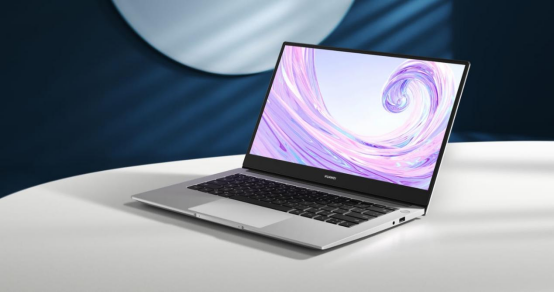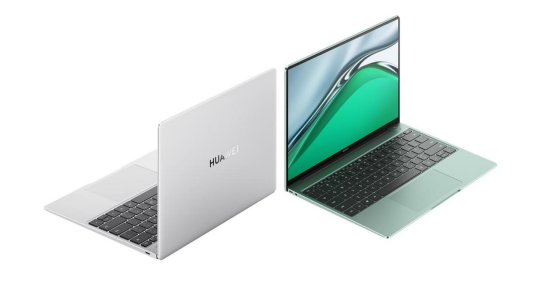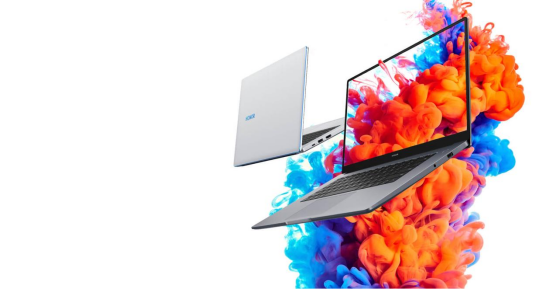If you're in the market for your first laptop, you may be feeling overwhelmed. There are so many choices out there, it can be hard to know where to start. Thankfully, we've put together this guide to help you find the perfect laptop for your needs.

Considerations To Pick Out the First Laptop
Size Matters
One of the first things you should consider when choosing a laptop is its size. Laptops come in a variety of sizes from 11-inch netbooks up to 17-inch desktop replacements. When deciding which size is best for you, consider how much portability you need and what kind of tasks you plan on using your laptop for. If your main goal is portability, then a smaller laptop will likely be more suitable as it will be easier to carry around with you throughout the day. However, if you plan on doing lots of photo or video editing or gaming, then a larger model might be better suited for that kind of intensive work.
Choose Your Operating System
The operating system (OS) of a laptop determines how the device works and what applications it can or cannot run. Windows laptops are generally more popular than Macs because they tend to be cheaper, but that doesn't mean they're necessarily better or worse than Macs. Ultimately, it comes down to personal preference and usage needs. Some people prefer the user interface of one OS over the other, while others may need applications that only run on certain platforms. Be sure to research the pros and cons of each OS before making a decision.
Pick Your Processor
Processors are responsible for powering your computer's hardware components, so make sure you pick one that's up to the task of running whatever programs you need without slowing down your system. For basic tasks like web browsing and checking email, an Intel Core i3 processor will do just fine; however, if you plan on using heavier applications such as video editing software or playing games, then you may want to consider upgrading to an Intel Core i5 or i7 processor.
Select Your Memory Capacity
Memory capacity plays a big role in determining how quickly your laptop runs programs, stores data, and multitasks between multiple apps at once. Generally speaking, 8GB of RAM should be enough for most users; however, if you plan on doing more intensive tasks with your laptop (e.g., gaming), then 16GB might be better suited for your needs. Additionally, storage space should also be taken into consideration—256GB should provide enough space for all but the most data-intensive users (like photographers).
Consider Your Budget
Finally, once you've narrowed down the type of laptop that suits your needs best it's time to decide how much money you want (or are able) to spend on it. Fortunately, there are plenty of affordable laptops out there that offer great value even at lower price points such as a Huawei matebook which offers decent performance at low prices. However if budget isn't an issue then there are plenty of high-end laptops that offer top-of-the-line specs such as 4K displays, powerful processors, and dedicated graphics cards all in one neat package.

Conclusion
Choosing a new laptop can seem daunting at first glance but by following these simple steps—deciding what size is right for you, considering power and performance needs along with budget restrictions—you'll soon have a good idea about what type of machine best fits your individual needs and budget constraints alike! Armed with this knowledge, finding the perfect new laptop should become easier than ever before!




